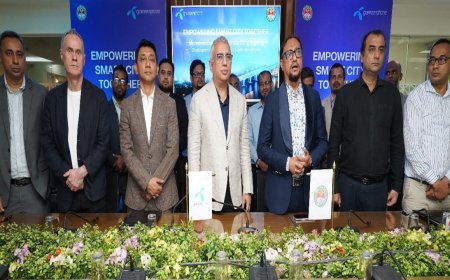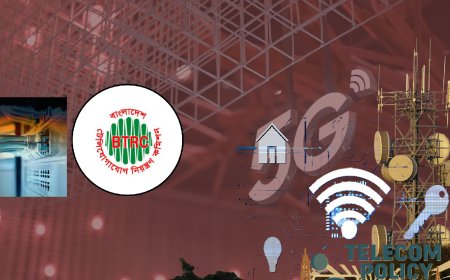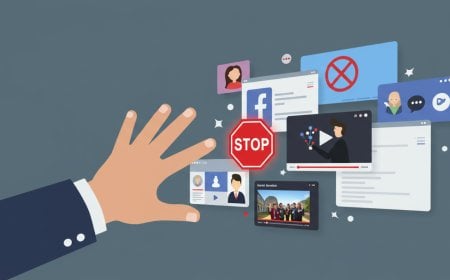Excessive Smartphone Use: A Threat to Personal and Social Well-being

Mobile phones have become an inseparable part of modern life, serving as powerful tools for communication, information, and entertainment. Yet, excessive usage is leaving deep negative impacts on personal and social life—particularly on relationships, marital harmony, and attention span. Multiple studies have revealed the alarming consequences of this addiction.
A survey conducted by the Pew Research Center in the United States found that 53% of adults believe smartphones are negatively affecting their personal relationships. Notably, mobile phone use during shared moments is creating distance between people. Even during a dinner, if one partner remains absorbed in a phone, the other is likely to feel lonely and neglected. “When you return home at the end of the day and dive into your phone instead of spending time with your partner, marital problems are inevitable,” experts warn.
This phenomenon has been termed phubbing (a fusion of phone and snubbing), meaning ignoring someone physically present in favor of focusing on a phone. Research shows that couples exposed to phubbing report significantly lower satisfaction and depth in their relationships. According to a study published in the Journal of Social and Personal Relationships, 46.3% of couples believe their partner’s excessive smartphone use has created distance in their relationship. Many feel more comfortable scrolling on their devices than engaging in conversation, leading to negativity and a loss of natural rhythm in relationships.
Impact on Attention
The consequences of mobile phone addiction extend beyond relationships, adversely affecting brain function and attention. A study by the University of Texas revealed that even the mere presence of a phone reduces attention span. “Even if the phone is switched off or kept in another room, the brain subconsciously senses its presence and diverts focus,” the study found. As a result, sustaining concentration on a single task becomes increasingly difficult.
Frequent phone-checking habits trigger the brain’s dopamine system to constantly seek novelty, shortening attention spans and making prolonged focus nearly impossible.
Possible Solutions
Experts suggest practical steps to overcome mobile addiction. “Digital detox” is highly recommended, such as setting aside specific times to stay away from devices—like avoiding phone use an hour before bedtime. Establishing “no-phone zones” at the dining table or bedroom can also strengthen family bonds. Allocating fixed time for social media use and refraining from unnecessary scrolling is another effective strategy.
Alternatives such as reading, listening to music, or engaging in face-to-face conversations can help reduce dependency. Above all, awareness among family members about the harmful effects of overuse, coupled with open discussions, can pave the way for healthier digital habits. Mobile phone addiction is a modern problem that harms personal, social, and mental well-being.
Author: Assistant Professor and Head of the Department of Audiology and Speech-Language Pathology at Proyas Institute of Special Education, Bangladesh University of Professionals. She emphasizes that through awareness and conscious effort, it is possible to overcome this addiction and return to a healthier, more balanced life.
Note: The views expressed in this opinion piece are solely those of the author and not of Digital Bangla Media. As part of its policy to reflect diverse perspectives, the platform publishes such contributions without editorial intervention. Any discontent arising from the article remains the author’s personal responsibility.








































































































































































































